Milk Thistle Supplements are plant-based products made from the seeds of Silybum marianum, traditionally used to support liver health and overall metabolic resilience. Many formulas focus on providing silymarin, a naturally occurring complex of flavonolignans that has been widely studied for its antioxidant activity and role in protecting cells from oxidative stress.
Because modern lifestyles can place extra demand on the liver—through diet, alcohol, medications, and environmental exposures—milk thistle is often chosen as part of a balanced wellness routine. You can buy Milk Thistle Supplements online on Welzo in a range of formats to suit daily use and long-term support.
What are Milk Thistle Supplements?
Milk thistle supplements are nutritional products that typically contain milk thistle extract, often standardised to a percentage of silymarin. Silymarin is the most researched active component of milk thistle and is commonly included to support the body’s natural detoxification processes and antioxidant defences.
Milk thistle is frequently grouped within broader liver-support routines and is often paired with complementary nutrients designed to support bile flow, antioxidant status, and digestive comfort. If you’re building a wider “liver and detox” approach, exploring Detox & Liver Health can help you align supporting products without overcomplicating your routine.
Benefits and Features of the Welzo Milk Thistle Supplements Collection
The Milk Thistle Supplements collection is curated to offer practical options for different goals—whether you’re looking for a simple daily capsule, a stronger standardised extract, or a blend designed for broader detox support. Key benefits and features often include:
- Milk thistle extracts are commonly standardised to silymarin for consistent potency
- Options suitable for daily, ongoing wellness routines
- Formulas designed to complement antioxidant and metabolic support plans
- Capsules, tablets, and combination blends depending on preference
Why are Milk Thistle Supplements Important?
The liver plays a central role in processing nutrients, producing bile for digestion, metabolising hormones, and supporting the clearance of substances the body no longer needs. Over time, oxidative stress can affect cellular health, which is why antioxidant-focused botanicals are often included in wellness routines.
Milk thistle is especially popular for people who want targeted liver support alongside broader antioxidant coverage. For a wider antioxidant approach that pairs well with liver-focused routines, consider complementary categories like Antioxidants.
Best Products in Milk Thistle Supplements
The “best” milk thistle supplement depends on what you value most: standardised silymarin strength, clean ingredient profiles, or synergy with other liver-support nutrients. Some people prefer single-ingredient products for simplicity, while others choose blends that include additional botanicals or nutrients commonly used alongside milk thistle.
If you prefer milk thistle as part of a more comprehensive cleanse-style routine, you may find it useful to compare with products in Detox & Cleansing, where formulas are often built around multi-ingredient support.
How to Use Milk Thistle Supplements?
Most milk thistle supplements are taken daily with water, often alongside a meal for better tolerance. Follow the label directions for your specific product, particularly if it is standardised to a higher silymarin percentage or combined with other active ingredients.
Consistency matters. Many people use milk thistle for several weeks as part of a routine, especially when paired with diet, hydration, and sleep improvements that support overall metabolic health.
Are there any side effects or interactions of Milk Thistle Supplements?
Milk thistle is generally well tolerated, but some individuals may experience mild digestive discomfort (such as bloating or loose stools), especially when starting a new supplement. Allergic reactions are uncommon but possible, particularly for people sensitive to plants in the Asteraceae family.
Interactions can be relevant for people taking regular medication, as the liver is involved in metabolising many drugs. If you are pregnant, breastfeeding, have a medical condition, or take prescription medication, speak with a clinician before use. If you are already using metabolic-support supplements such as Cholesterol Supplements, it can be helpful to review your overall stack for overlap and suitability.
What Are the Different Types of Milk Thistle Supplements Available?
Milk thistle supplements come in several common types, including:
-
Standardised extracts: often standardised to silymarin for consistent potency
-
Whole-seed or non-standardised powders: typically lower concentration but more “whole plant” style
-
Blended liver-support formulas: milk thistle combined with other botanicals and nutrients
-
Enhanced absorption formats: specialised delivery approaches depending on brand formulation
What Are the Most Popular Milk Thistle Supplements Products Available?
Popular milk thistle products tend to be those that clearly state standardisation (where applicable), provide transparent ingredient labels, and fit seamlessly into a daily routine. Many customers choose options that balance potency with simplicity—especially if milk thistle is being used as a long-term staple rather than a short “cleanse.”
Statistics, Research, Expert Information and Quotes on Milk Thistle Supplements
Milk thistle (silymarin) is one of the most studied botanicals for liver health support, largely due to its antioxidant properties and its role in helping protect cells from oxidative stress. Research commonly focuses on its effects on liver biomarkers and cellular protection pathways, though outcomes vary depending on study design, dosage, and individual health status.
In practice, many clinicians view milk thistle as a supportive option rather than a substitute for lifestyle changes. If oxidative stress support is a priority, it may be combined with nutrients frequently used in antioxidant routines, such as Glutathione (note: always assess suitability for your needs).
How We Select Our Milk Thistle Supplements Collection on Welzo
We select milk thistle supplements based on clear labelling, ingredient transparency, and suitability for everyday wellness routines. Where applicable, we prioritise products that specify extract standardisation, as this helps customers compare options more easily.
We also consider how well a formula fits into broader health goals—whether customers are focused on general wellness, antioxidant support, or structured detox routines.
Trusted by Experts and Verified Milk Thistle Supplements Quality on Welzo
Quality matters with botanicals. We look for products with clear sourcing and manufacturing standards, as well as formulations designed for reliable day-to-day use. Choosing supplements from trusted, quality-focused collections can help reduce guesswork when building a consistent routine.
Customer Reviews
To see what customers say about our products and service, read verified feedback here: Welzo Reviews.
Internal Links to Trust Pages
Related Categories You May Find Useful
If you’re building a broader routine around liver, digestion, and wellness support, these related categories may help you tailor your approach:
FAQs (Frequently Asked Questions)
What are Milk Thistle Supplements used for?
Milk thistle is commonly used to support liver health and antioxidant defences, especially as part of a broader wellness routine.
What is silymarin in milk thistle?
Silymarin is the most researched active complex in milk thistle, often included for its antioxidant activity and cellular protection support.
How long does it take for milk thistle supplements to work?
Some people notice digestive comfort or general well-being changes within a few weeks, but consistent daily use over a longer period is typically recommended for routine support.
Should I take milk thistle with food?
Many people take milk thistle with meals to improve tolerance, though label directions should be followed for each product.
Can milk thistle cause side effects?
Mild digestive symptoms can occur in some individuals when starting. If symptoms persist, discontinue use and consult a clinician.
Who should avoid milk thistle supplements?
People who are pregnant or breastfeeding, have known plant allergies, or take prescription medications should speak with a clinician before using milk thistle.
Is standardised milk thistle extract better than non-standardised?
Standardised extracts can make potency more consistent and easier to compare between products, but the “best” choice depends on your preference and goals.
Can I take milk thistle every day?
Many milk thistle products are formulated for daily use. Follow label guidance and review suitability if you take other supplements or medications.
Does milk thistle support detoxification?
Milk thistle is commonly included in detox-style routines because it supports the liver’s natural role in processing substances the body no longer needs.
Can milk thistle be combined with other supplements?
It often is, but it’s best to avoid unnecessary overlap and check suitability—especially if you already take multiple products targeting similar goals.









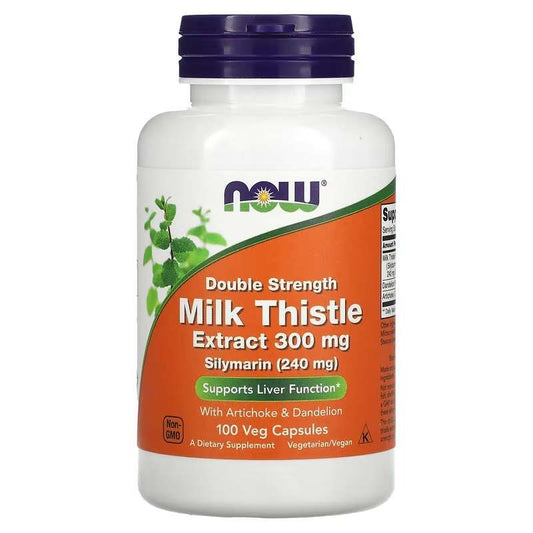
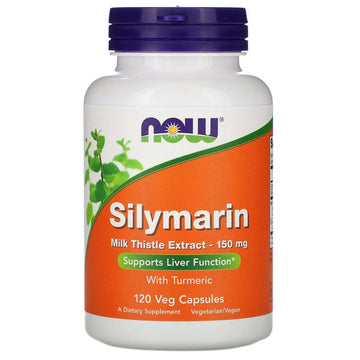
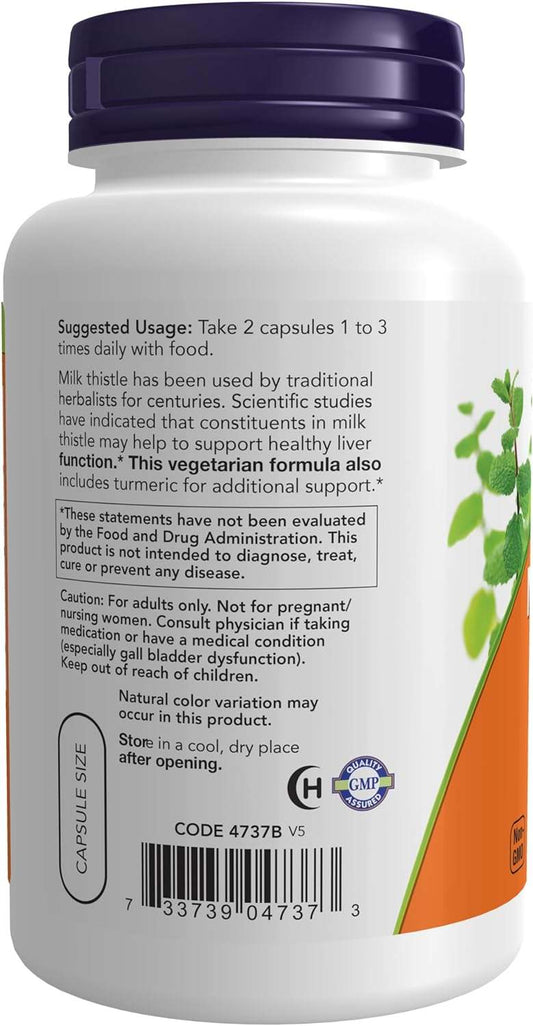
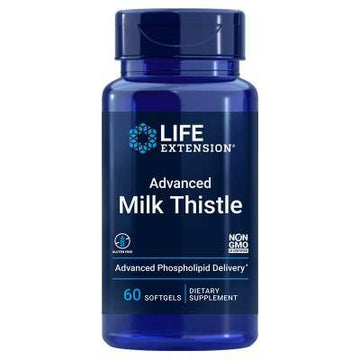
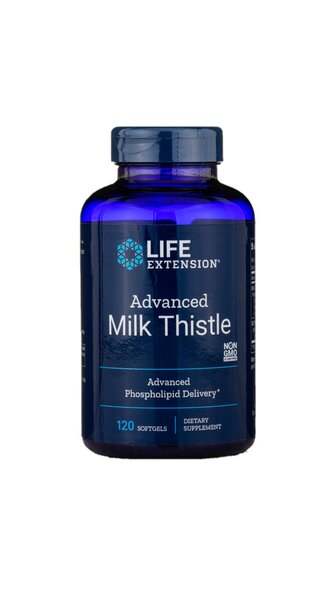

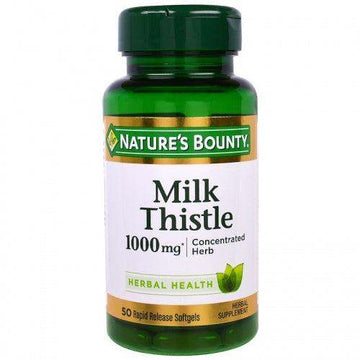
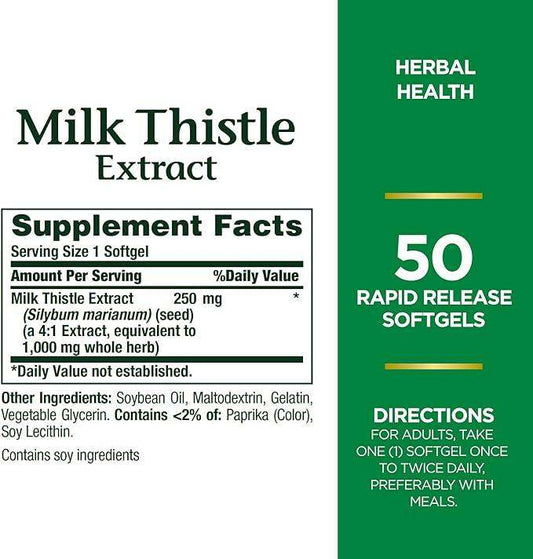
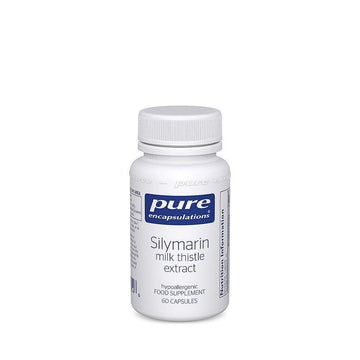
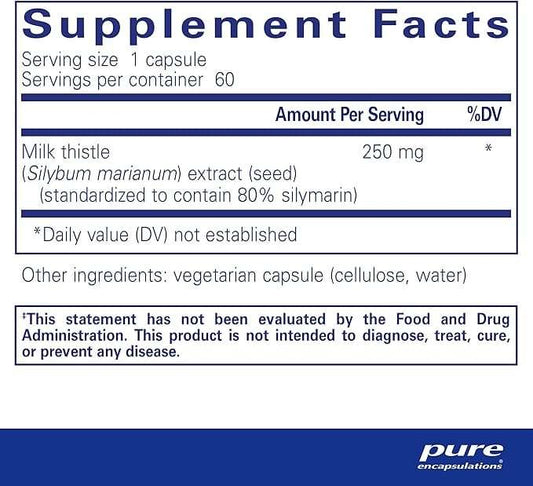

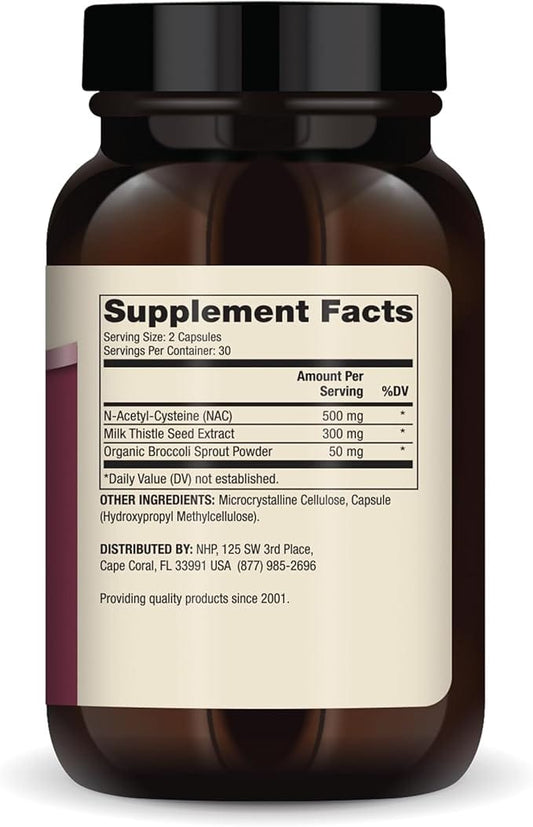

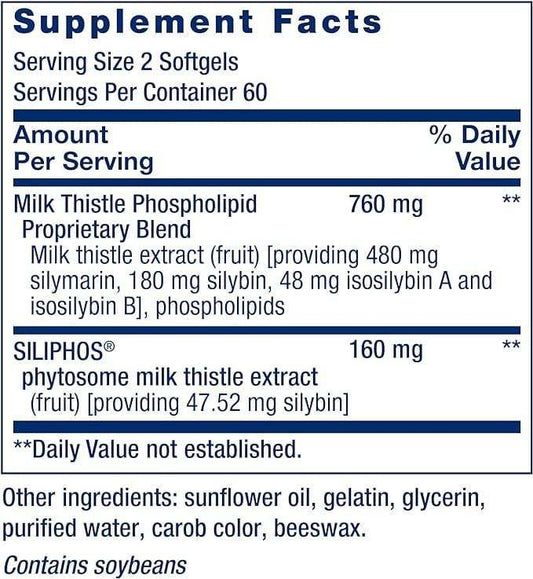

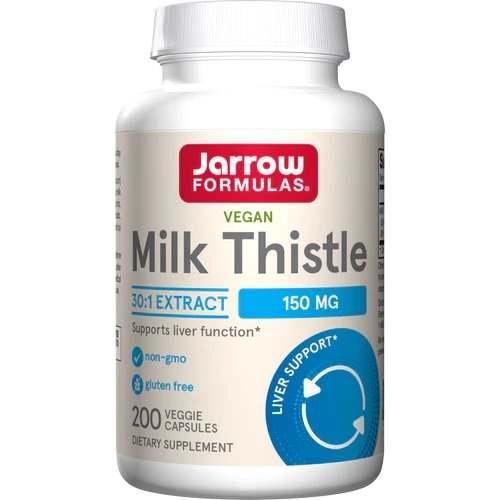


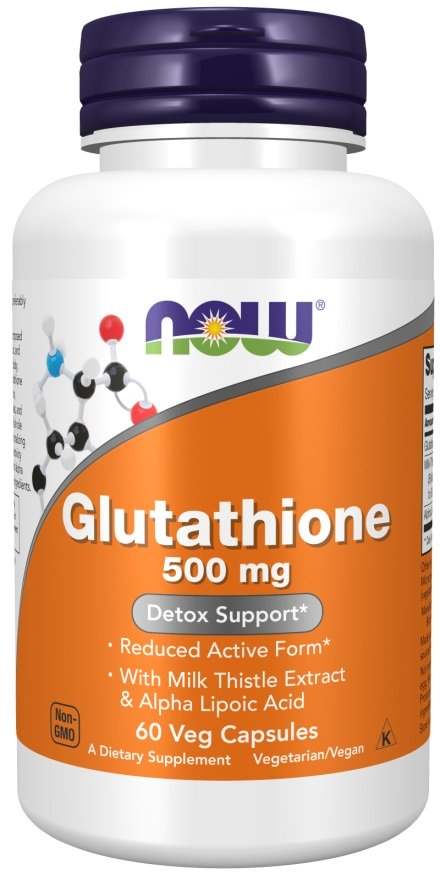



 Rated Excellent by 26,523+ Reviews
Rated Excellent by 26,523+ Reviews